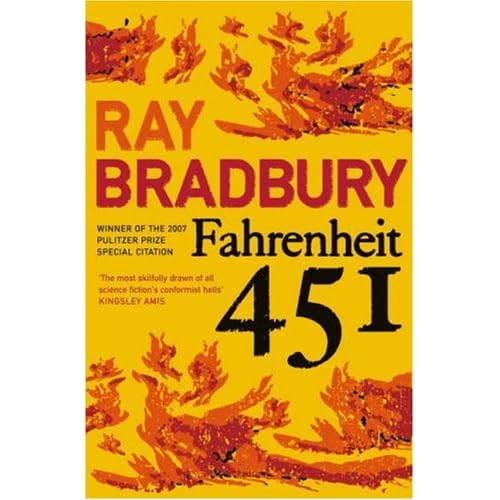This is, without a doubt, a nasty, twisted little book. The central character, Frank, is an amoral sociopath whose main pastime involves torturing and killing animals, on top of which he has murdered three times before reaching his teens. Yet, he isn’t even the most unpleasant person we meet in this book. Frank’s father is a misanthropic control freak and his brother is a lunatic dog-killer who is confined in a psychiatric hospital.
To be fair, Frank is strange because of an “incident” that has made him a loner, kept apart from the world by his father and scared to venture into town often. Frank’s brother, Eric, is also scarred by accident. His insanity was triggered by an horrific incident whilst studying to become a doctor.
At the beginning of the book, none of this is made clear. Gradually, all is revealed by Frank, acting as narrator. We find out what Frank did to his three human victims, what he has done to the local wildlife, what happened to Eric, what the Wasp Factory actually is and, eventually, why Frank’s father keeps his study door locked. The answer to this leads us, at the very end, to the devastating truth about Frank.
The Wasp Factory was Iain Banks’ first novel and is a stunning debut. It is no surprise that he has gone on to be one of the UK
Banks not only uses the gradual explanatory style of Frank to tell his story, he also uses the books to explore themes of parental control and deception (Frank's father at one point convinces him that fellatio is a character in Hamlet) and the way rituals act as a crutch for belief.
Banks not only uses the gradual explanatory style of Frank to tell his story, he also uses the books to explore themes of parental control and deception (Frank's father at one point convinces him that fellatio is a character in Hamlet) and the way rituals act as a crutch for belief.
When the Wasp Factory was first published, the reviewers were divided. Some thought it was the debut of a wonderfully talented writer, while others thought it was just a nasty gore-fest. In truth (and with the inestimable benefit of hindsight), it is actually both.
The Wasp Factory is not the novel to give your aged Auntie Ethel for Christmas. Even though I have read other books by Iain Banks (with and without the additional “M”) and know that he is a deeply imaginative writer, I did find myself wondering about the state of his mental health. If you have a tolerance for gore, violence and madness, however, it is a great contemporary novel. I had always shied away from it in the past, thinking it would be too grim for me. I am thoroughly glad that the 1,001 Books made me try it. Read it, if for nothing else than the twist in its tale – simply fantastic.




